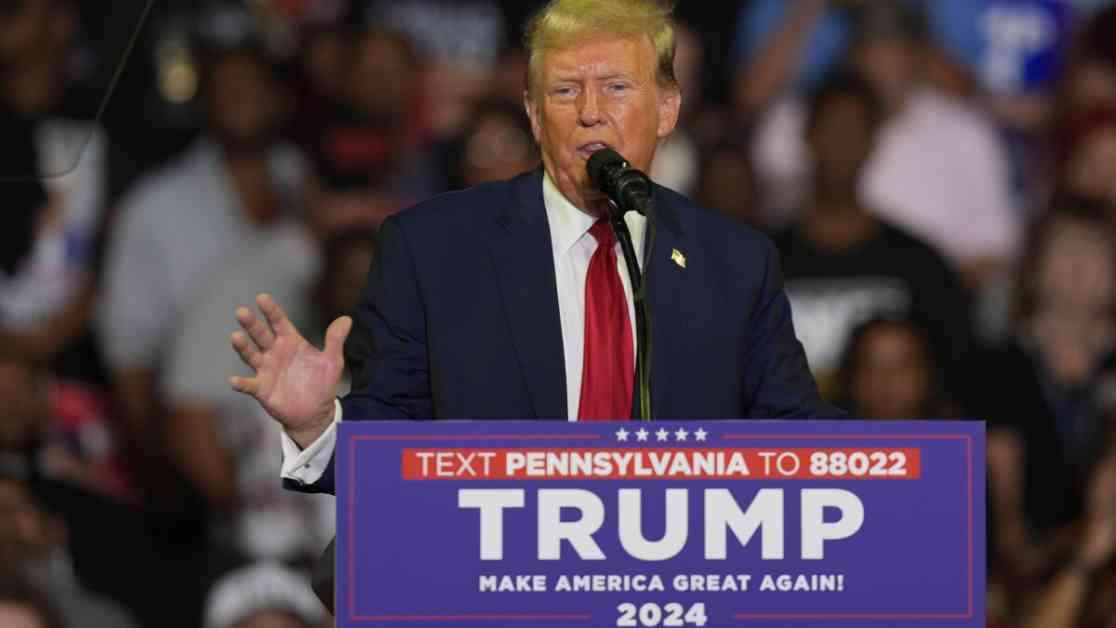CBS has recently found itself embroiled in a controversy surrounding edits made to its “60 Minutes” interview with then-Vice President Kamala Harris. The Federal Communications Commission (FCC) launched an investigation into the edits after President Trump expressed outrage over the interview, which aired in October during the final weeks of the campaign. The edits in question involved a response from Harris regarding the Biden administration’s handling of the Israel-Hamas war, which some critics argued was manipulated to present a clearer narrative.
President Trump took issue with the edited interview, claiming that it amounted to election interference and filed a lawsuit against CBS for $20 billion. However, many 1st Amendment experts dismissed the lawsuit as frivolous. The controversy escalated when a conservative nonprofit group, the Center for American Rights, filed a news distortion complaint against CBS and its flagship television station, WCBS-TV in New York. The group accused CBS of distorting the news by editing Harris’ response and called for an investigation by the FCC.
CBS Pushes Back Against FCC Investigation
In response to the FCC’s investigation, CBS has requested that the inquiry be dropped, arguing that the federal government risks overstepping its bounds by interfering with editorial decisions. The network asserted that the edits made to the interview were in line with standard journalistic practices and did not alter the context or meaning of Harris’ response. CBS highlighted that news organizations routinely edit interviews to streamline content, and the Supreme Court has never granted the government the authority to second-guess editorial decisions.
Despite CBS’s defense of its editorial choices, the FCC has continued its investigation, with Trump appointee Brendan Carr reviving complaints against CBS, NBC, and ABC. The agency’s involvement in reviewing news producers’ decisions has raised concerns among First Amendment experts, who warn against the potential chilling effects on news coverage. CBS complied with the FCC’s request to provide the raw transcript and unedited interview, which confirmed the network’s version of events but also revealed the selective editing of Harris’ response. The network emphasized that a ruling against it would set a dangerous precedent for government interference in news coverage.
Internal Disputes and Industry Ramifications
The “60 Minutes” controversy has not only attracted external scrutiny but has also sparked internal conflicts within Paramount, the network’s parent company. Journalists within the organization have called on Paramount to defend the journalistic integrity of “60 Minutes” and uphold reporters’ First Amendment rights. However, Paramount’s controlling shareholder, Shari Redstone, has pushed for a resolution to the Trump lawsuit, which could affect the company’s pending sale to Skydance Media.
Lawyers familiar with the case suggest that Trump may face challenges in proving harm from the edited interview, as the question posed to Harris did not directly reference him but rather focused on the Biden administration’s policies. Despite Trump’s threats against TV stations that he perceives as unfavorable, the “60 Minutes” incident did not appear to impact his electoral success.
As the FCC investigation continues and tensions escalate between CBS, the FCC, and various stakeholders, the broader implications for press freedom and government oversight in media remain a topic of heated debate. The outcome of this dispute could have far-reaching consequences for the relationship between news organizations, regulatory bodies, and the public’s right to information.


